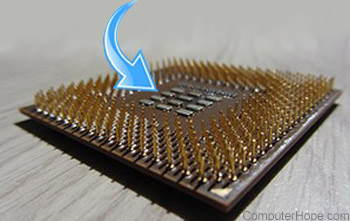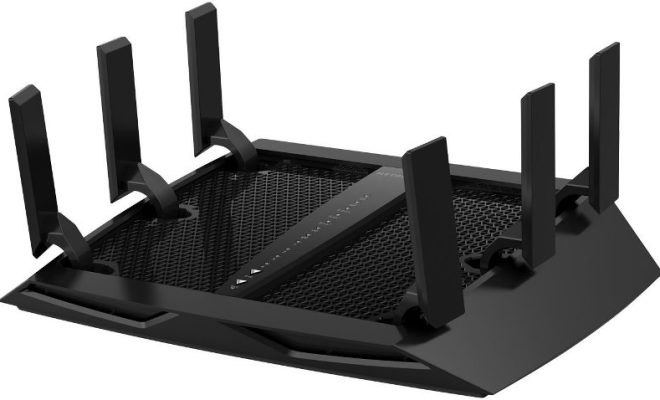What Is A Processor Core?

A processor core is a fundamental component of a central processing unit (CPU) and is responsible for executing instructions within a computer system. It is essentially the brain of the computer, performing complex calculations, managing and processing data, and carrying out various tasks.
The term “core” refers to the processing units present in a single CPU chip. Modern CPUs commonly feature multiple cores, which are designed to run different threads or tasks concurrently, leading to improved performance and speed.
Each processor core consists of various components, including the arithmetic logic unit (ALU), which is responsible for performing mathematical operations, and the control unit, which handles instructions and data flow. Additionally, processor cores may also contain cache memory, which stores frequently accessed data and instruction sets to reduce the time required for data retrieval.
A processor with multiple cores offers significant performance enhancements compared to a single-core processor. The reason behind this is that multi-core processors can perform more tasks simultaneously, leading to improved system performance.
For example, a dual-core processor with two cores operating at 2.5 GHz each can perform up to 5 billion calculations per second, while a single-core processor operating at the same speed can only perform up to 2.5 billion calculations per second.
Moreover, as the number of cores in a processor increases, the amount of power required for the CPU to operate also increases. Thus, it is important to balance multiple cores against overall power consumption since higher power consumption means higher costs and potentially shorter battery life.






